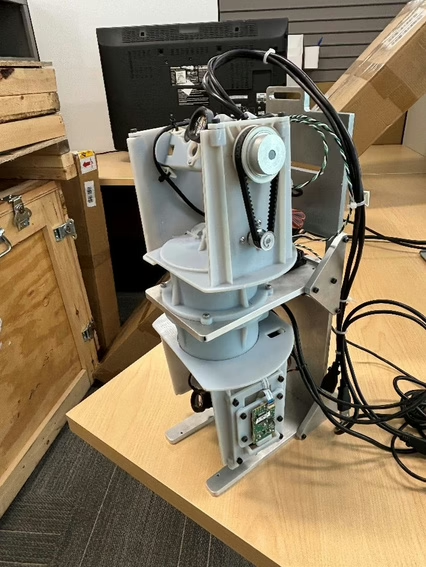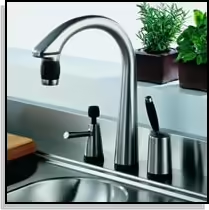Our Work
Laser Surgical System
Challenge
A large medical device company wanted to redesign a laser surgical system, but had multiple failed attempts over the last 20 years. There were many challenges and regulatory concerns due to the fact that this machine would perform a procedure that can typically only be done once or twice in a person’s life. Patient comfort was of the utmost concern and had to be weighed against the length of a procedure (the longer the procedure, the more uncomfortable a patient gets). At the same time, surgeons use the system for many hours a day so comfort and usability are critical while also expecting the highest quality output from each procedure. The company also wanted their new system to integrate well with their other devices and products present in the surgical suite. Throughout the project there were many stakeholders with differing views and preferences.
Solution
Prodigy was engaged early in the redesign effort to develop requirements, support market research efforts, design multiple prototypes and conduct initial verification testing to ensure designs were performing as expected. This project required significant collaboration between mechanical, electrical, and software departments for this complex system. Prodigy conveyed expertise in the areas in which the customer needed the most support (owning the system as a whole and managing the project with collaboration from the client). Prodigy’s phased process aligned closely with what they wanted from a contracted design firm.
Prodigy developed 4 functional prototypes for this groundbreaking product. The first prototype was a crude model to convey the overall envelope size. The second prototype was driven and showcased at a conference in Washington, DC where Prodigy employees supported market research with many surgeons that still utilized the predicate surgical systems. The third prototype was a functional prototype that allowed for initial verification testing to be conducted and designs evaluated. The fourth prototype was a functional prototype that was more in line with the desired package size of the planned final product. This prototype successfully performed a surgical procedure on a plastic test sample.
Outcome
During the process, Prodigy was able to showcase its whole system development capabilities and accelerate the process significantly faster than the client was able to internally. Prodigy demonstrated many of its capabilities, quickness of development, and flexibility in adjusting to the customer’s needs/design shifts. Budget optimization, workflow efficiencies, and accelerated timelines from the Prodigy team allowed for more development on the system than had been done on any of the previous failed attempts.
Prodigy delivered multiple working prototypes that allowed our customers to gain valuable insights from surgeons, clinicians, and other stakeholders. Ultimately, Prodigy allowed for real-world testing to refine the control algorithms to enable a pathway through regulatory compliance and optimize real-life patient outcomes.
After the end of this project, the client sought further Prodigy assistance with other devices in the same surgical suite.
Check out more case studies here: https://prodigypd.com/our-work/


